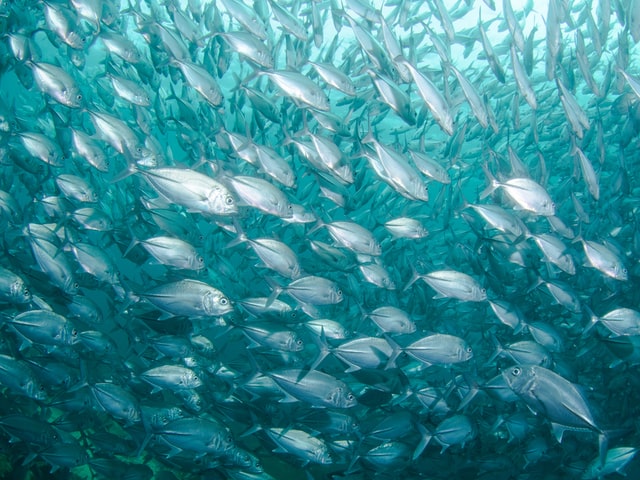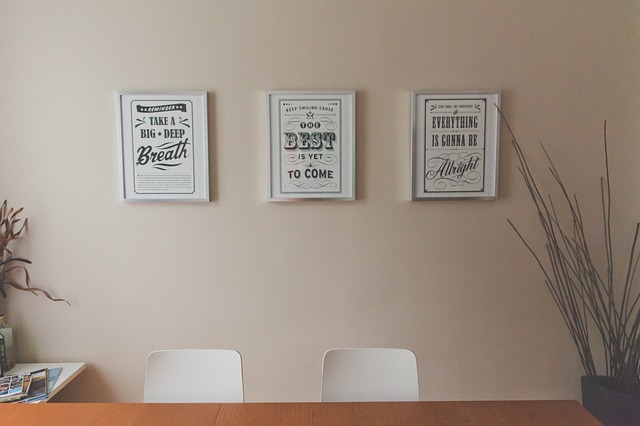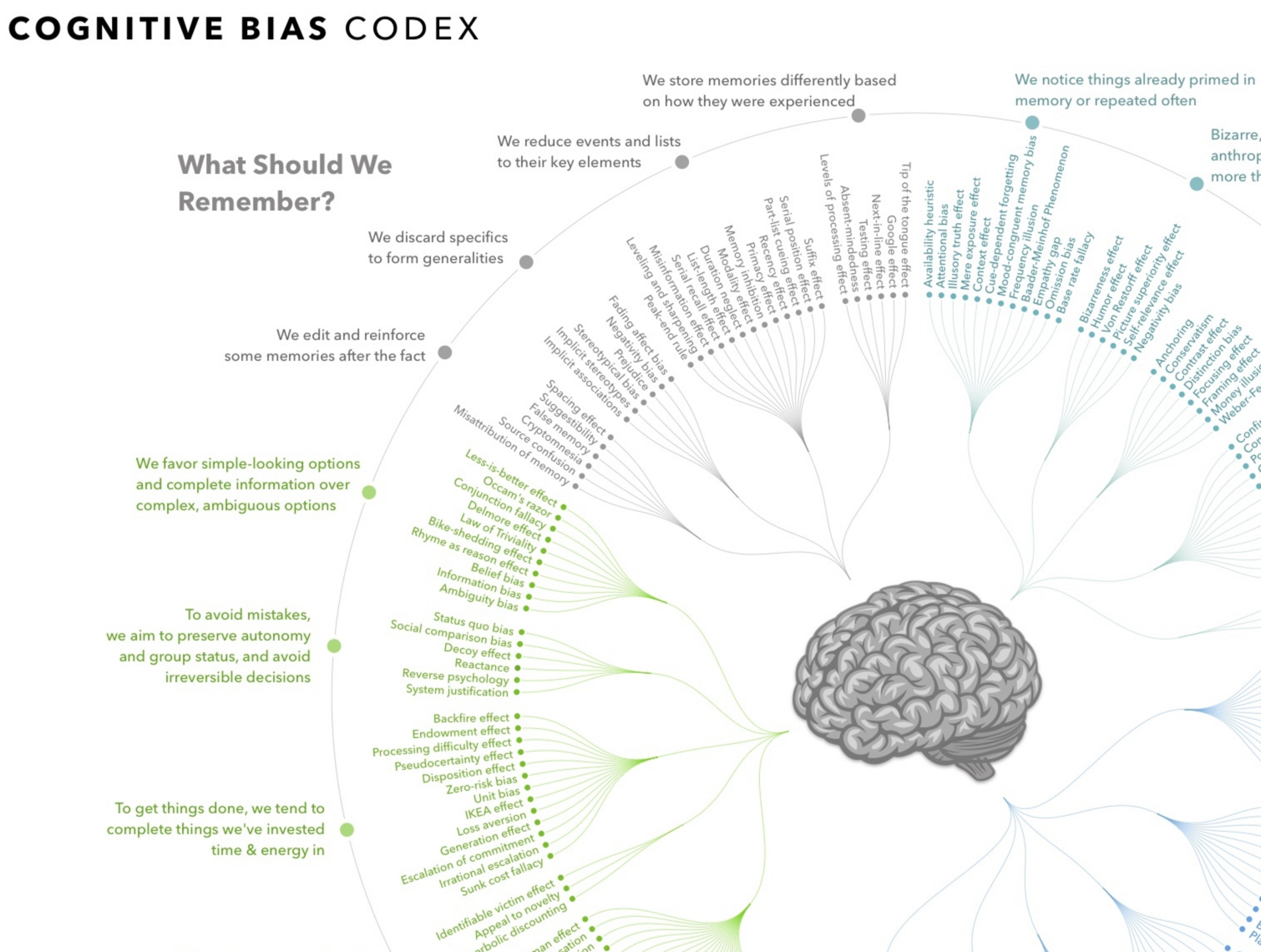
The quiet
It’s been over a month… I needed to rest and heal from the silence of Brexit. I have spent this time journaling about a quiet, calm life; accessing my personal self-care mechanisms and becoming a bit more available for my friends and colleagues. I finally stopped worrying. I stopped thinking about the future, focussed on the present more.
I allowed myself to explore what was it about my situation during the last four years that really affected me. I am ready to look back, open up those wounds and re-integrate my learnings into my future. (This process, by the way, is a standard expectation of coaches and counsellors – however, I have always worked this way. It’s harder to open up wounds directly after an experience, but it’s so much more effective long terms. We then get to live without any hidden ghosts from the past).
It’s terribly ironic that the fear of the unknown future, ignorance of knowledge and science, way too slow response from the people who are paid to represent and protect us, the stocking up on food, the social isolation is exactly what we are all going through right now – for other, more visible and obvious reasons of the global pandemic.
I cannot help but see the parallels between what we are all going through collectively right now and what some of us have experienced for the last four years (with not just the unknown but at least three specific dates to worry about). The educated, more economically and politically aware people living in the UK (both EU and British citizens), struggled with exactly the same feelings that we face this month all around the world.
We have spent weeks, then months, then years, awaiting clarity on the future of our country, economy and the European peace process. There is nothing more debilitating than the sense of uncertainty about the future. And so in the world of business, we have learned to actually future proof our plans – just like in the old marketing books – now actively practising the “political” in PESTEL analysis. We moved away from those rigid 12 months and 5 years of business plans to sets of business scenarios instead. We started thinking beyond political systems, geographical borders and took the legal areas of our business a bit more seriously. However, as we practised all those new, seemingly useful skills, we also felt devastated at heart. We shouldn’t have to be in this place. EU was created to help us foster our cultures while forgetting the need for passports or borders. Walls went down for a reason…now we could feel the bricks piling up again.
We looked in astonishment at the level of ignorance in our country. We saw people smoothly shifting their views led by a well crafted public narrative focussing on “the other” (immigration), not the significant – freedoms, rights and a common strong, peaceful, inclusive economy. We started realising the cost of the underfunded, broken educational system. We also understood the smart agenda of not really educating the public on the actual benefit of the union since the early years of joining. We looked at the well-crafted campaigns, almost admiring each step. We watched in despair the racism and nationalism emerge even amongst our most educated friends – regardless of their nationality. For many, the word “security” did resonate with a hint of safety. Fed outdated nationalistic values worked for some. At heart, however, we all ached. We ached for clarity and some kind of sense of morals. Since ancient times choosing leaders meant voting for the strong, smart and innovative in return for care and protection. Angry and divided does not feel safe. We did not feel cared for, nor protected. Not a single one of us.
We worried about our actual survival. Each time we approached a Brexit deadline we stocked up quietly for a few months. We learned to store dry and canned food, salt, matches and batteries. We learned to bake bread and grow our own fruit and veg. Not for a hobby but out of necessity – our leaders failed us so we had to learn to take care of ourselves. I cannot tell you how difficult, how heartbreaking it is to talk about this to our children. How terrifying it is for them. How angry it made us and how sad. In the 20th century, parents should not have to navigate such a complex reality.
The hardest aspect of Brexit years was silence and social isolation, lack of public discourse on the reality of the situation. Some of us, the EU citizens, suddenly were positioned to be on the wrong side of history with no systemic support whatsoever. Somehow we took this on – we came from a place of racism anyway, so this was nothing new to us. Just a bit more terrifying – like a dark cloud still following us since our roots. But we understood that support is only given by people who feel safe, and British citizens did not feel so. Actually, all of us ached and longed for open conversations about the pain of the unknown and the participatory grief over the country we were gradually all loosing. All of us needed help. Yes, the public discourse perfectly utilised our cultural paradigm: it’s not polite to talk about politics at work and in other public conversations, and so even the word “Brexit” was deemed dirty. Every single Brexit deadline, we all fell into the midst of pain, anxiety, quiet anger, fear and disconcert. But we did so on our own. Each of us alone in our own quiet bubble. There were no songs sang together on balconies. There was only a quiet suppressed pain of our individual hopelessness. Those of us who have faced oppressive systems walked around in astonishment – how is this even possible? But we were silence too – our of respect for the local culture, we had to join in and shut up.
I really, really wish it did not have to happen this way….However, the current response to the Coronavirus pandemic is at least collective. It unites us. It highlights the ignorance of those leaders who choose wealth over humanity. It shows the clear impact of those who focus on the health of their nation. It shows us clear proof of our economies on our climate. It closes our doors but opens our hearts. It inspires us to sing in unity. It is very similar to how many of us were feeling for years of Brexit reality but in this one way it is quite unique: it is open, collective and uniting. We open up, care for each other and start paying attention to knowledge and science. We reach out to our faiths for comfort but stop relying on it for practical solutions. We see some of our employers and other leaders step up, reach out and sometimes even listen. It is still testing and I fear we might lose some friends overreaction to this too, but we regain a sense of humanity.
I hope this learning curve ends soon though and we can all start healing.
Photo by jean wimmerlin on Unsplash




